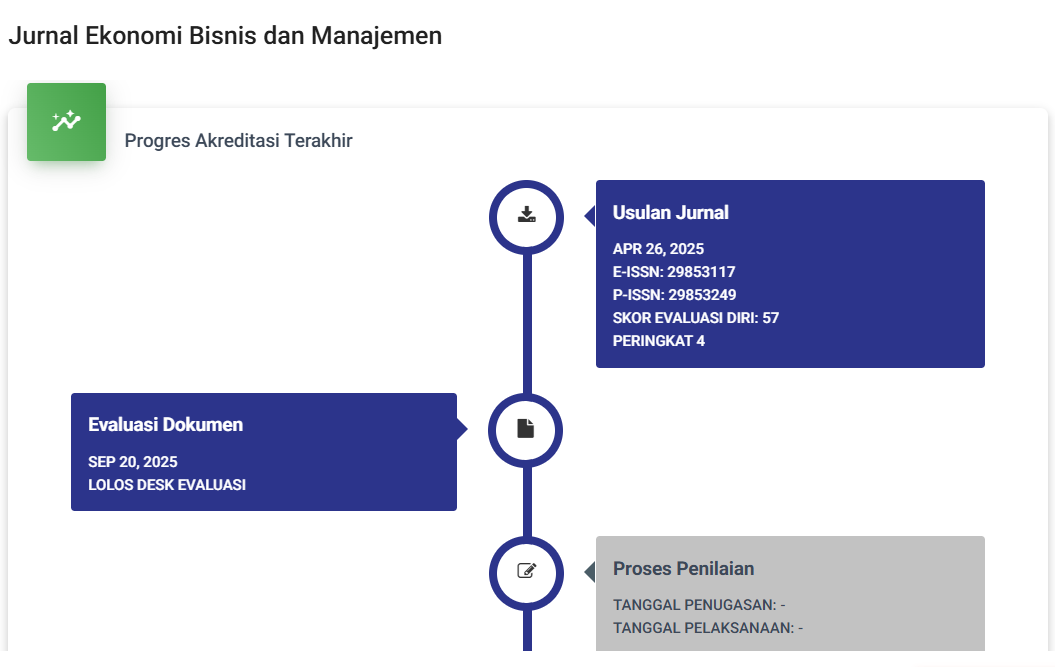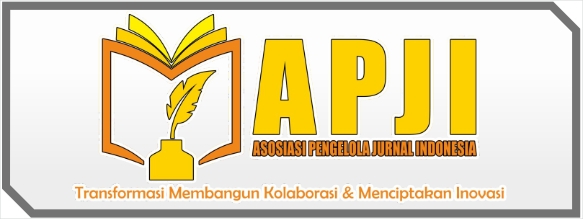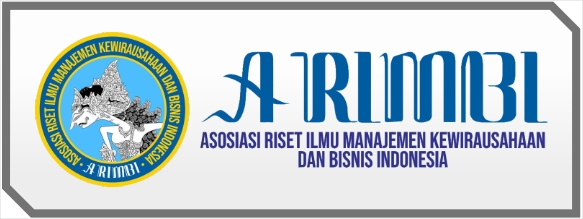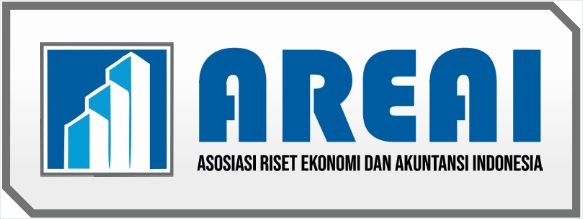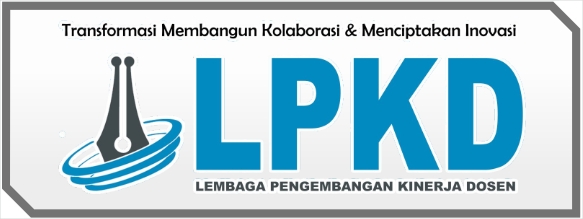Peranan Badan Amil Zakat Nasional(Baznas) Kabupaten Pinrang Dalam Menghimpun Zakat Pertanian Di Desa Kaballangang
DOI:
https://doi.org/10.59024/jise.v1i1.137Abstract
Zakat has developed as a significant source of state revenue used to help the poor, as well as to advance Islam, science, other fields of study, build infrastructure, and provide other forms of support. The role of zakat is in line with the economic conditions of the poor and of course they still need several types of assistance services, but they are still dealing with the right to access services in order to increase people's prosperity.
This study aims to find out how the form of collecting zakat, the form of the role of the national amil zakat agency, and what factors influence the collection of zakat. This study uses a qualitative methodology. This method is explained to be able to understand what phenomena the research subject is experiencing, in this case includes actions, motivations, perceptions, behaviors and so on, through verbal and linguistic descriptions, in the unique environment experienced, and by applying various scientific techniques.
The results of the study show that: (1) The forms of zakat collection include the establishment of zakat collection units, zakat reception counters, opening of bank accounts, consultations about zakat, zakat pick-up programs, infaq, and shadaqah, household donations, teacher donations. These aspects play an important role in increasing the success rate of zakat collection. (2) The role of the national amil zakat agency in Pinrang Regency includes outreach, the zakat utilization program, and the zakat distribution system. (3) The factors that influence the collection of agricultural zakat in Kaballangang Village are internal factors and external factors
Downloads
Published
How to Cite
Issue
Section
License
Copyright (c) 2023 Hikmah, Mardia, Mustamin B

This work is licensed under a Creative Commons Attribution-ShareAlike 4.0 International License.


